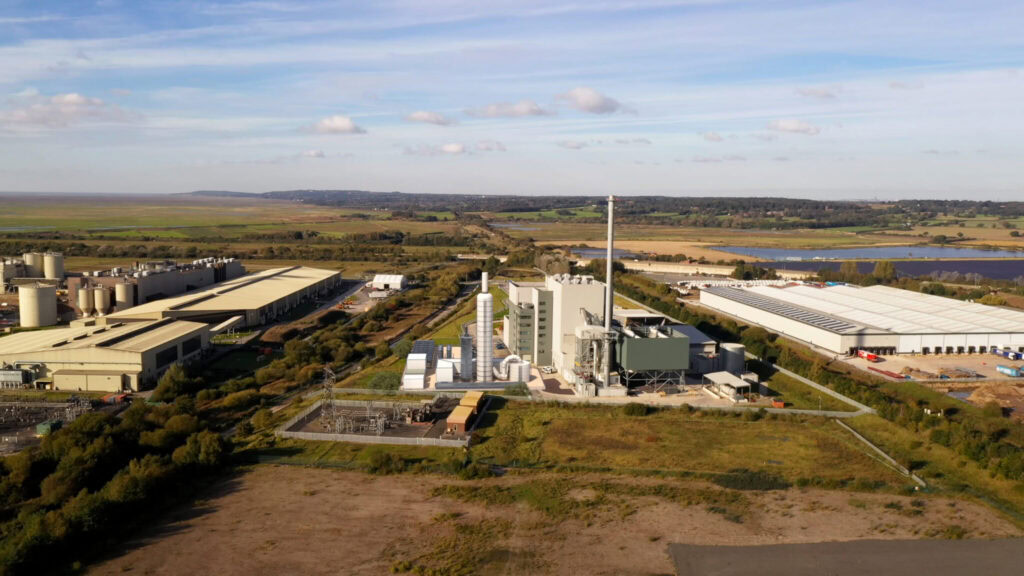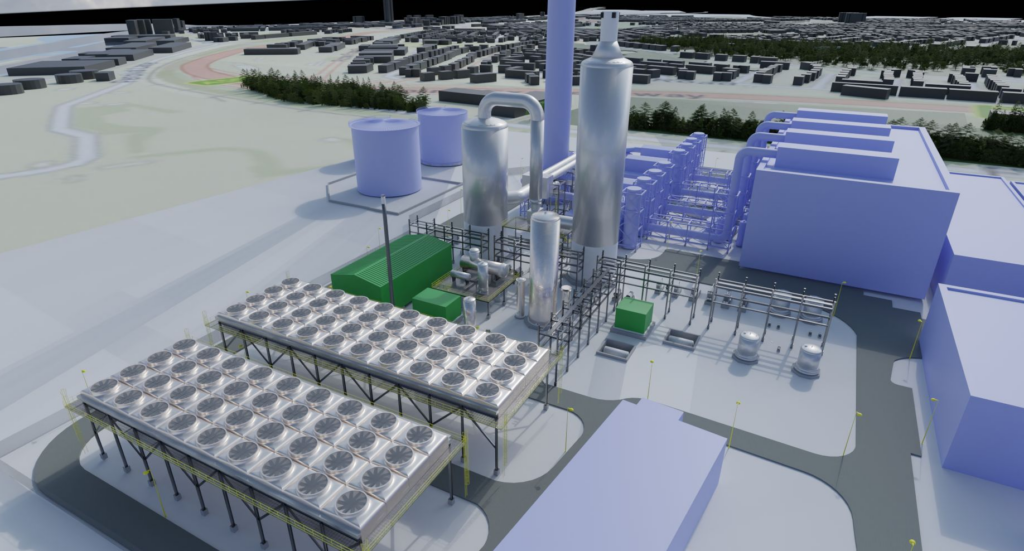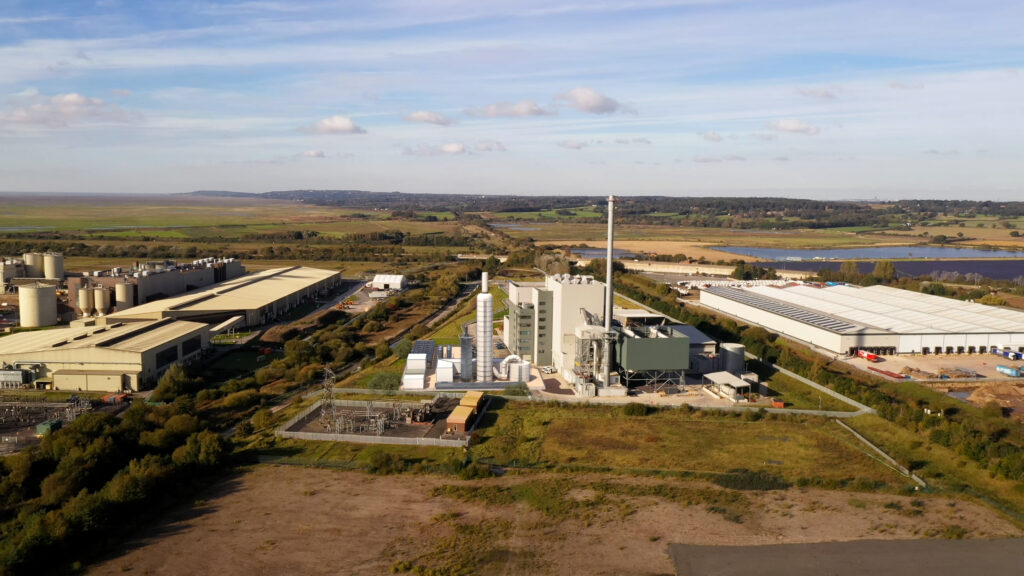The research by Professor Dawid Hanak, in collaboration with professor Kumar , will look at how carbon capture technology can be used alongside EfW technology.
This will have a specific focus on the ‘East Coast Cluster’, a group of EfW plants eligible for government funding to install carbon capture technology. Within the East Coast Cluster, EfW projects chosen by BEIS to receive support include Suez’s Tees Valley facilities, the Tees Valley Energy Recovery Facility Project and the Redcar Energy Centre, among others.
The East Coast Cluster aims to remove nearly 50% of the UK’s industrial emissions, and to achieve this, “there is a need for innovative solutions like carbon capture retrofits”, the university added.
Calcium
Their research project will “comprehensively assess” an advanced waste to energy plant based on “calcium looping combustion, which uses a compound of the mineral as a chemical sorbent to capture carbon dioxide emissions”.
Previous work indicates that this technology offers “cost-effective CO2 capture compared to conventional methods, potentially making WtE more competitive in the energy and waste management sectors”.
Professor Dawid Hanak said: “Our research is a pivotal step in providing viable solutions for the East Coast Cluster’s decarbonisation efforts.”
Stages
The research will involve the following work packages:
- Process modelling and validation: Developing models for different EfW designs
- Feasibility assessment: Comparing techno-economic and environmental performance
- Engagement and impact: Building relationships with stakeholders in the East Coast Cluster
Professor Patchigolla added: “This research progresses our understanding of advanced WtE with CCS and establishes crucial collaborations between the University and the CCUS and WtE industries in the East Coast Cluster.”










Subscribe for free